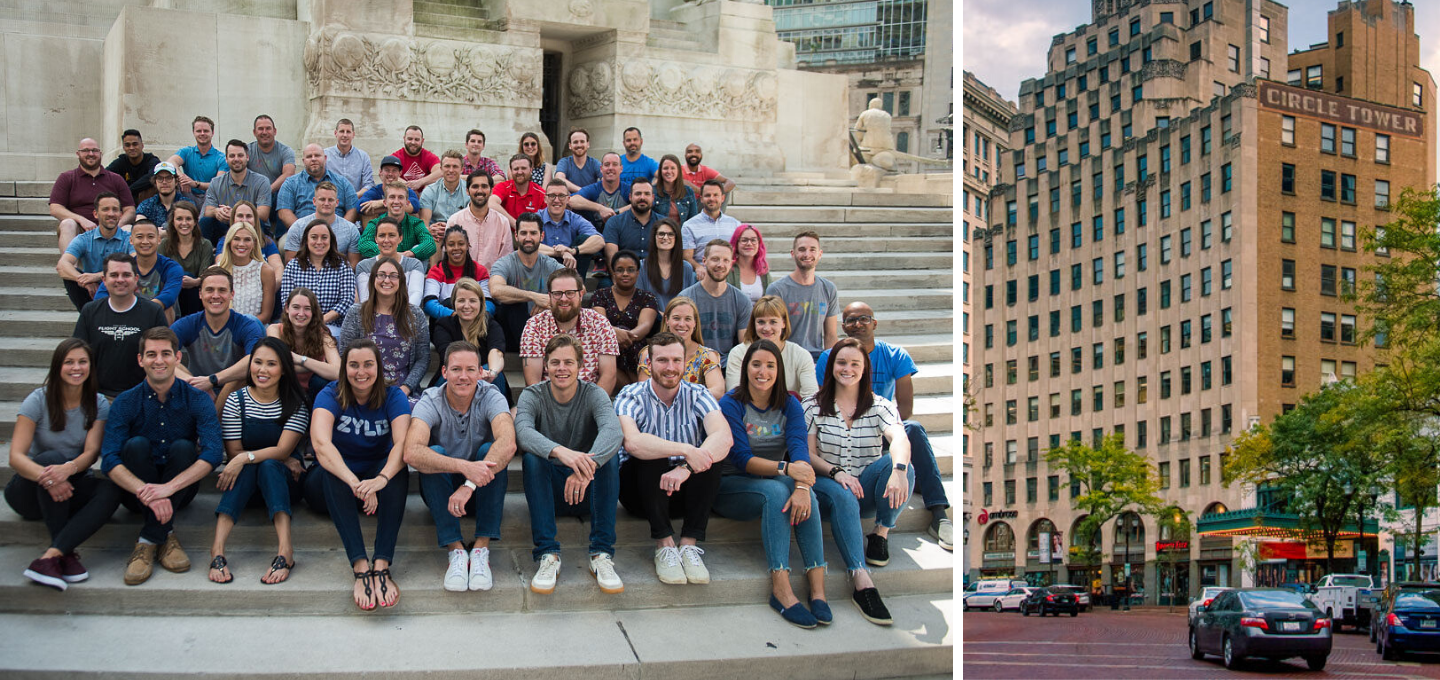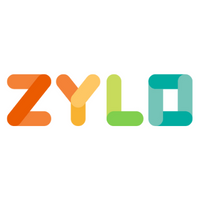Zylo is defining SaaS management market it invented as competitors try to catch up
When Zylo announced its $22.5 million Series B round in late September for a grand total of $35.2 million in venture capital raised, it marked time for me as a close observer of the tech community in Indiana. We haven’t seen many large investments like these over the past decade. Not since ExactTarget (now Salesforce) raised $70 million twice in 2009.
Over the past 18 months, however, a handful of local companies have announced double-digit investments akin to Zylo’s, including Springbuk ($37 million total), Scale Computing ($34.8 million), Kerauno ($25 million), Emplify ($22.5 million total), Sharpen ($15 million), and MetaCX ($14 million). Zylo CEO Eric Christopher attributed the larger investment amount his company secured to both market maturation and market opportunity.
“I think a lot of the success of Zylo has contributed to—and benefited from—this momentum in the B2B enterprise tech space here in Indy,” said co-founder and CEO Eric Christopher. “You see this critical mass of top-tier companies developing because the conditions in the environment, like venture funding and experienced entrepreneurial leadership, are there to support things coming together in a holistic way.”
According to Synergy Research, global spending on cloud-based software will top $100 billion before we close the books on 2019. Zylo’s SaaS management platform, which has about $10 billion of cloud-based spending under management, still has significant headroom to grow its position, especially since the company invented the SaaS management category upon launching out of the High Alpha venture studio little more than three years ago.
“There’s an entire category of SaaS management with competitors moving in trying to catch up, but none of this existed prior to 2016, not until Zylo created it and solved a huge problem others didn’t even see,” said Ben Pippenger, co-founder and vice president, products at Zylo. “People are really starting to need to get their arms around their shadow IT—the software subscriptions individuals subscribe to and expense, for example—and we need even more talented people to help us accelerate and deliver on this big opportunity in front of us.”
While competitors are moving into the space Zylo invented, most prospects for SaaS management are still using spreadsheets to track their software subscriptions rather than a competitor’s product, if they have any kind of management system at all. The emerging nature of the market requires the company to educate prospects and convince them of the need and value of the product. However, it’s also a significant opportunity for Zylo to further establish itself as the pioneer and visionary thought leader of the category.
“When you’re category building like we are, you definitely need a smart and targeted sales and marketing effort to complement the heavy investments we’ve made in R&D creating the Zylo platform and discovery engine,” Ben said. Product development and engineering is still the top priority for hiring and deploying new investment dollars, but category building demands an investment in sales and marketing too.
At the core of what Zylo does is help companies—usually with at least 500 employees on the low end ranging up to 10,000 or more—to understand the value of the investments they’re making into software platforms. The first step of the process is to discover the total universe of these investments using Zylo’s patent pending discovery engine, which can uncover two- to three-times the volume of software expected.
“We’re able to uncover all software transactions and on average for our customers it’s about 600 subscriptions,” Ben explained. This is done by accessing a company’s ERP system, scouring expense reports and, of course, large enterprise software purchases that have a purchase order number, for example. “Beyond the tremendous cost savings and insight into what a company actually owns, what the Zylo product does is help make employees more productive and effective in their jobs by making sure they know what software is available to them.”
Based on industry averages, companies are spending $10,000 or more per employee on cloud-based software, which is about eight or nine times more than they are spending on hardware per individual. Most companies wouldn’t be anywhere nearly as cavalier about company-owned computers as they are about software if they understood the bottom-line implications, which is what Zylo is doing through its platform and sales and marketing efforts.
With customers like Nike, Slack, Uber, Adobe, Salesforce, Zendesk and Atlassian, Zylo has gained favor with some of the largest, most recognized and tech-forward brands in the world, and that list includes locals like Eli Lilly and Company, One America, and the state of Indiana as well. Zylo currently employs 80 people, which is nearly quadruple the 23 employees working at the company in January 2018.
“I think people are excited about developing and working with products that are being used by the biggest brands in our state and by the biggest brands in the world,” said Julie Barker, vice president of talent at Zylo. “That goes for roles in sales and marketing as much as it does engineering and product development. Recruiting with work opportunities like we have at Zylo—I won’t say it’s easy because it’s never easy finding the absolute best tech talent—but offering work like this is at least half the battle, and the rest are things we can control like salary and benefits and a great company culture.”
The entire Zylo founding team of four people had experience working at ExactTarget/Salesforce, so there was a cultural shorthand that was shared and has grown into a unique Zylo ethos that’s driving the company’s energy and ambition to define the market.
“We wanted to build something inspired by what we experienced at ExactTarget and Salesforce,” Ben said. “Not just like it [ET and Salesforce], but built around a genuine passion for what we’re doing as a company and as individuals solving big, hard problems and having an impact that’s felt around the world.”





